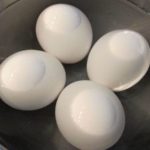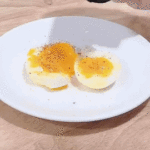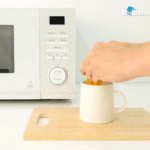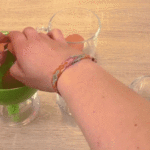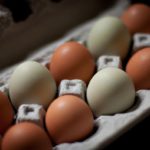Eggs are nutritious and convenient to cook, so they are often used in family meals. If boiled eggs crack, they can quickly become contaminated. Furthermore, cracked eggs are more likely to become contaminated after they have been cooked, which can be unsafe to consume. Boiled eggs that are not peeled will look unattractive, and if these eggs are used to make a stew, it will not look appealing and some of the egg whites will be wasted as they stick to the shell.
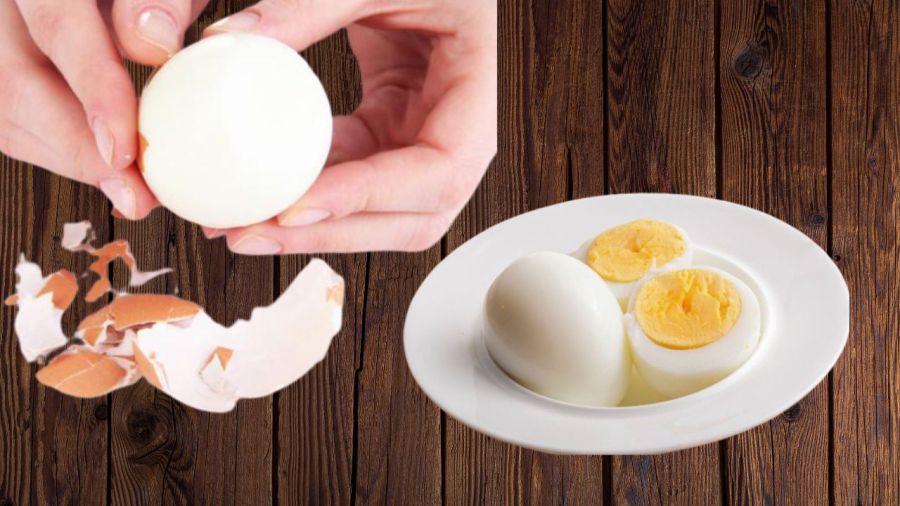
To ensure that boiled eggs are fully cooked, easily peeled, uniform in appearance, and quickly peeled, follow these steps:
If the eggs are in the refrigerator, take them out in advance to let them reach room temperature.
Wash the eggs: Many people forget to wash eggs, which can lead to contamination. Place the eggs in cool water and wash them. Adding a little bit of flour to the water will help remove dirt more effectively.
Pay attention to the boiling water: Boil the eggs in slightly warm water and avoid placing the eggs in boiling water, especially when they have just been taken out of the refrigerator, as the temperature shock can cause the eggs to crack.
Boiling method: Boil enough water so that when you put all the eggs in, they will be submerged. The water should be around 40 degrees Celsius. Gently place the eggs in the water to prevent them from hitting each other and cracking. When the water is hot, add a spoonful of vinegar, lemon juice, or sea salt to help peel the eggs.
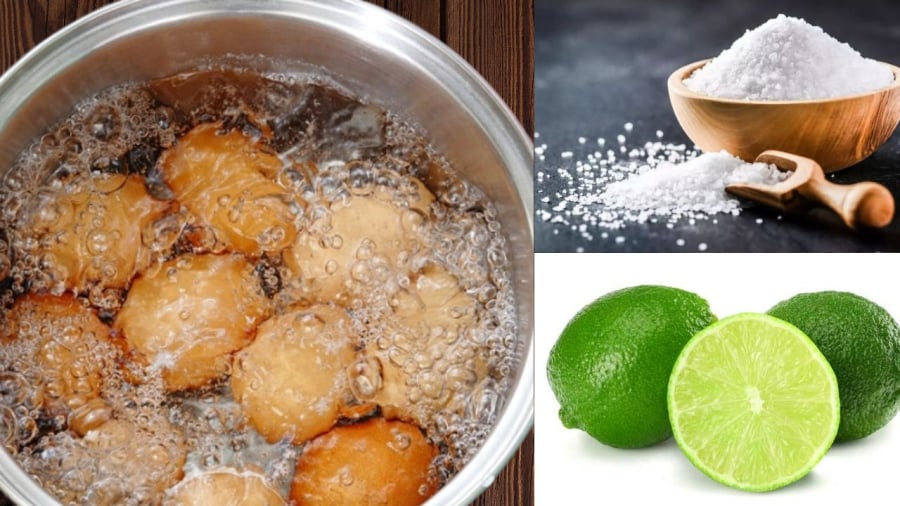
Avoid bringing the water to a rolling boil as it can create pressure and cause the eggs to crack. If the water is too hot, the outer layer of the eggs will cook faster than the inner layer, resulting in overcooked eggs. Therefore, you only need to bring the water to a simmer to ensure even cooking from the outside in, resulting in tender and evenly cooked eggs.
If you want to eat eggs with a soft yolk, cover the pot and let the boiled water sit for about 5 minutes. If you want fully cooked eggs, leave them for about 10 minutes. If you prefer the eggs to be more well done, keep the pot covered even after turning off the heat. Overcooking the eggs will make them dry, while eating eggs with a soft yolk can pose a higher risk of bacterial contamination, especially if the eggs have been stored for a long time.
Use thermal principle: Once the eggs are fully cooked, remove them quickly and place them in cold water to rapidly change the temperature. This will help the eggs shrink and make them easier to peel. However, ensure that the cold water is boiled and clean to prevent contamination of the eggs.
Boiling eggs may seem simple, but in reality, many people end up with eggs that are difficult to peel, especially if they use eggs from freshly laid hens. This can be particularly frustrating when using boiled eggs for stews or for ceremonial purposes. Therefore, follow this method to have beautifully boiled eggs.
























